Home>Interior Design>Should Bedrooms Have Ceiling Lights? Experts Have Their Say
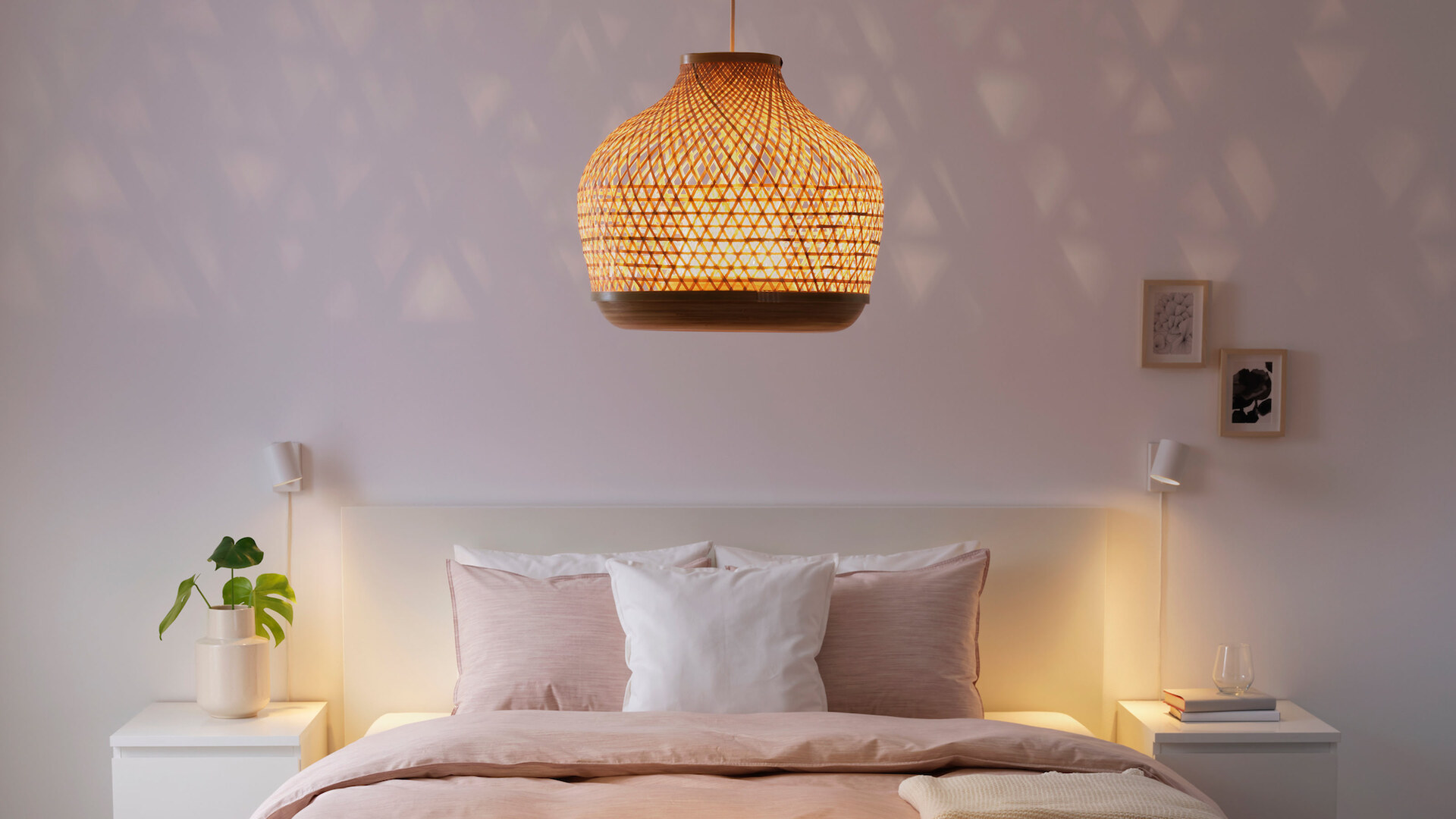

Interior Design
Should Bedrooms Have Ceiling Lights? Experts Have Their Say
Modified: January 19, 2024
Discover what experts in interior design have to say about whether bedrooms should have ceiling lights and how they can enhance the overall ambiance and functionality of the space.
(Many of the links in this article redirect to a specific reviewed product. Your purchase of these products through affiliate links helps to generate commission for Storables.com, at no extra cost. Learn more)
Introduction
When it comes to bedroom design, lighting plays a crucial role in creating the right ambiance and setting the mood. One question that often arises is whether bedrooms should have ceiling lights. While some argue that ceiling lights are a necessity for practical purposes, others believe they can negatively impact the overall atmosphere. In this article, we will explore the pros and cons of having ceiling lights in bedrooms, as well as alternative lighting options that can be used to achieve an inviting and cozy space. We will also provide insights from interior design experts to shed light on this debated topic.
Key Takeaways:
- Ceiling lights offer practicality and uniform illumination, but can create a harsh ambiance. Consider alternative options like table lamps, floor lamps, and string lights to customize a soothing and inviting bedroom atmosphere.
- Interior design experts emphasize the importance of layering lighting sources and creating a peaceful environment. Consider softer, diffused lighting options to promote relaxation and well-being in your bedroom.
Pros of Having Ceiling Lights in Bedrooms
Having ceiling lights in bedrooms offers several advantages that cannot be overlooked. Here are some of the key benefits:
- Ample Illumination: Ceiling lights provide a wide and even distribution of light, ensuring that the entire room is well-lit. This is particularly useful for activities that require good visibility, such as reading, getting dressed, or cleaning.
- Task Lighting: Ceiling lights can be designed to offer different levels of brightness, making them versatile for various needs. By installing a dimmer switch, you can easily adjust the light to suit your preference or specific tasks.
- Space-Saving: Ceiling lights are typically flush-mounted or recessed, which saves valuable floor and surface space in small bedrooms. This allows for more freedom to decorate and move around without obstruction.
- Aesthetically Pleasing: Ceiling lights come in a wide range of designs, styles, and finishes, making them a decorative element that can enhance the overall aesthetics of the room. From sleek modern fixtures to elegant chandeliers, ceiling lights can add a touch of sophistication and create a focal point.
- Uniformity: Ceiling lights provide consistent and uniform lighting throughout the room, which can help create a sense of balance and harmony. This is particularly important for those who prefer a clean and minimalistic look or desire a calming and serene ambiance.
While these benefits make a compelling case for having ceiling lights in bedrooms, it is important to consider the drawbacks as well before making a final decision.
Cons of Having Ceiling Lights in Bedrooms
While ceiling lights offer practical advantages, there are also certain drawbacks to consider when installing them in bedrooms:
- Harsh Lighting: Ceiling lights can be quite bright and stark, which might not be ideal for creating a cozy and relaxing atmosphere in the bedroom. They can create a clinical or cold ambiance, especially if the light is not diffused properly.
- Limited Lighting Options: Ceiling lights generally provide a fixed lighting source with limited flexibility. It may not be possible to achieve different lighting levels or create specific lighting zones within the bedroom, which can hinder the ability to create a multi-functional space.
- Glare and Eye Strain: Direct overhead lighting can cause glare and eye strain, especially when undertaking activities that require focused visual attention, such as reading or using electronic devices. This can lead to discomfort and interfere with quality sleep.
- Lack of Ambiance: Ceiling lights alone may not be sufficient to create a warm and inviting ambiance in the bedroom. Using only overhead lighting can make the space feel impersonal and uninspiring, lacking the cozy and intimate atmosphere that many desire in their personal sanctuary.
- Sleep Disturbance: Bright ceiling lights can interfere with the body’s natural sleep-wake cycle by suppressing the production of melatonin, a hormone that regulates sleep. This disruption can make it more difficult to fall asleep and achieve restful sleep.
Considering these cons is crucial in order to find alternative lighting options that can address the shortcomings of ceiling lights while still fulfilling the functional and aesthetic needs of the bedroom.
Consider adding a ceiling light in bedrooms for overall illumination. This can improve visibility and create a more functional and inviting space.
Alternative Lighting Options for Bedrooms
If you’re looking for alternatives to ceiling lights in your bedroom, there are several options that can help create a more soothing and versatile lighting scheme. Here are some popular alternatives:
- Table Lamps: Table lamps are a classic choice for bedside lighting. They provide a soft and localized source of light, perfect for creating a cozy and intimate atmosphere. With a wide variety of designs and styles available, you can easily find table lamps that complement your bedroom decor.
- Floor Lamps: Floor lamps offer the flexibility of portable lighting combined with a decorative element. Placed strategically, they can provide ambient lighting or serve as a statement piece in the room. Floor lamps with adjustable heads or multiple bulbs allow you to customize the direction and intensity of light.
- Wall Sconces: Wall sconces free up valuable surface space, making them a great option for small bedrooms. They can be installed at different heights and angles to create layered lighting and add a touch of elegance to the walls. Wall sconces with adjustable shades or dimmers are ideal for task lighting or creating a relaxed ambiance.
- Pendant Lights: Pendant lights can serve as a stylish alternative to ceiling lights. Hung at a lower height, they create a cozy and inviting atmosphere. Pendant lights with adjustable cords allow you to experiment with different heights and positions to achieve the desired lighting effect.
- String Lights: For a whimsical and romantic touch, string lights can be draped along walls, headboards, or ceiling canopies. They provide a soft and enchanting glow, perfect for adding a touch of magic to the bedroom. Opt for warm white or soft yellow bulbs for a cozy ambiance.
- Natural Light: Maximizing natural light should not be overlooked. Utilize curtains, blinds, or shades that can be easily opened during the day to let in natural light. This not only creates a bright and airy atmosphere but also promotes a connection with the outdoors and helps regulate the body’s natural sleep-wake cycle.
By incorporating these alternative lighting options, you can customize the lighting in your bedroom to suit your specific needs and enhance the overall ambiance.
Expert Opinions on Whether Bedrooms Should Have Ceiling Lights
To gain further insights on the topic, we reached out to interior design experts and asked for their opinions on whether bedrooms should have ceiling lights. Here is what they had to say:
- Emily Johnson, Interior Designer: “Ceiling lights can be practical in bedrooms, especially for general illumination. However, they should be complemented with other lighting sources to create a layered effect. Task lighting such as bedside table lamps or wall sconces can help create a cozy and versatile lighting scheme that enhances the overall mood of the space.”
- David Thompson, Lighting Specialist: “While ceiling lights may provide functional lighting, they often lack the ability to create a warm and inviting ambiance. I recommend using a combination of adjustable lighting fixtures such as wall sconces or pendant lights, along with dimmers, to ensure versatility in lighting levels and create a relaxing atmosphere in the bedroom.”
- Megan Collins, Feng Shui Expert: “From a Feng Shui perspective, ceiling lights can create a harsh energy flow that disrupts the harmonious balance in the bedroom. Soft and diffused lighting options such as table lamps or string lights are more conducive to a soothing and serene environment. It’s important to prioritize a balanced and tranquil atmosphere in the bedroom for optimal relaxation and rest.”
- Thomas Reed, Sleep Specialist: “Bright ceiling lights can interfere with sleep quality by suppressing melatonin production. I recommend opting for softer lighting options that mimic natural light patterns. Table lamps or floor lamps with warm-colored bulbs promote relaxation and melatonin production, helping you unwind and prepare for a restful night’s sleep.”
- Natalie Walker, Interior Design Consultant: “Ceiling lights can offer practicality and a modern touch to bedroom design, but they should be carefully chosen and properly diffused to avoid harsh lighting. Layering different light sources, such as sconces, table lamps, and ambient lighting fixtures, allows for greater control over the ambiance and helps create a cozy and inviting atmosphere.”
These expert opinions showcase varying perspectives on whether bedrooms should have ceiling lights. Ultimately, the decision should be based on your personal preference and the specific goals you have for your bedroom design.
Conclusion
Choosing the right lighting for your bedroom is a crucial decision that can significantly impact the overall ambiance and functionality of the space. While ceiling lights offer practicality and a uniform illumination, they also have their drawbacks, such as harsh glare and limited versatility. The alternative lighting options discussed in this article provide a myriad of choices to create a more soothing and inviting atmosphere in your bedroom.
Interior design experts weigh in on the topic, with some emphasizing the importance of layering lighting sources to achieve a balanced and versatile lighting scheme. Others highlight the significance of creating a peaceful and harmonious environment using softer and diffused lighting options. Additionally, sleep specialists and Feng Shui experts stress the importance of considering the impact of lighting on sleep quality and overall well-being.
In the end, the decision on whether to have ceiling lights in your bedroom comes down to personal preference and the goals you have for your space. Take into account factors such as the size of your bedroom, the desired ambiance, and your specific lighting needs.
Remember, it’s not just about functionality but also about creating a space that reflects your style and promotes relaxation. By incorporating alternative lighting options, such as table lamps, floor lamps, wall sconces, or even string lights, you can customize your bedroom lighting to suit your specific needs and preferences.
Ultimately, a well-designed and well-lit bedroom should provide a sanctuary for rest, relaxation, and rejuvenation. Whether you choose ceiling lights or alternative lighting options, the key is to create a comfortable and inviting space that promotes a peaceful and restful atmosphere.
Frequently Asked Questions about Should Bedrooms Have Ceiling Lights? Experts Have Their Say
Was this page helpful?
At Storables.com, we guarantee accurate and reliable information. Our content, validated by Expert Board Contributors, is crafted following stringent Editorial Policies. We're committed to providing you with well-researched, expert-backed insights for all your informational needs.

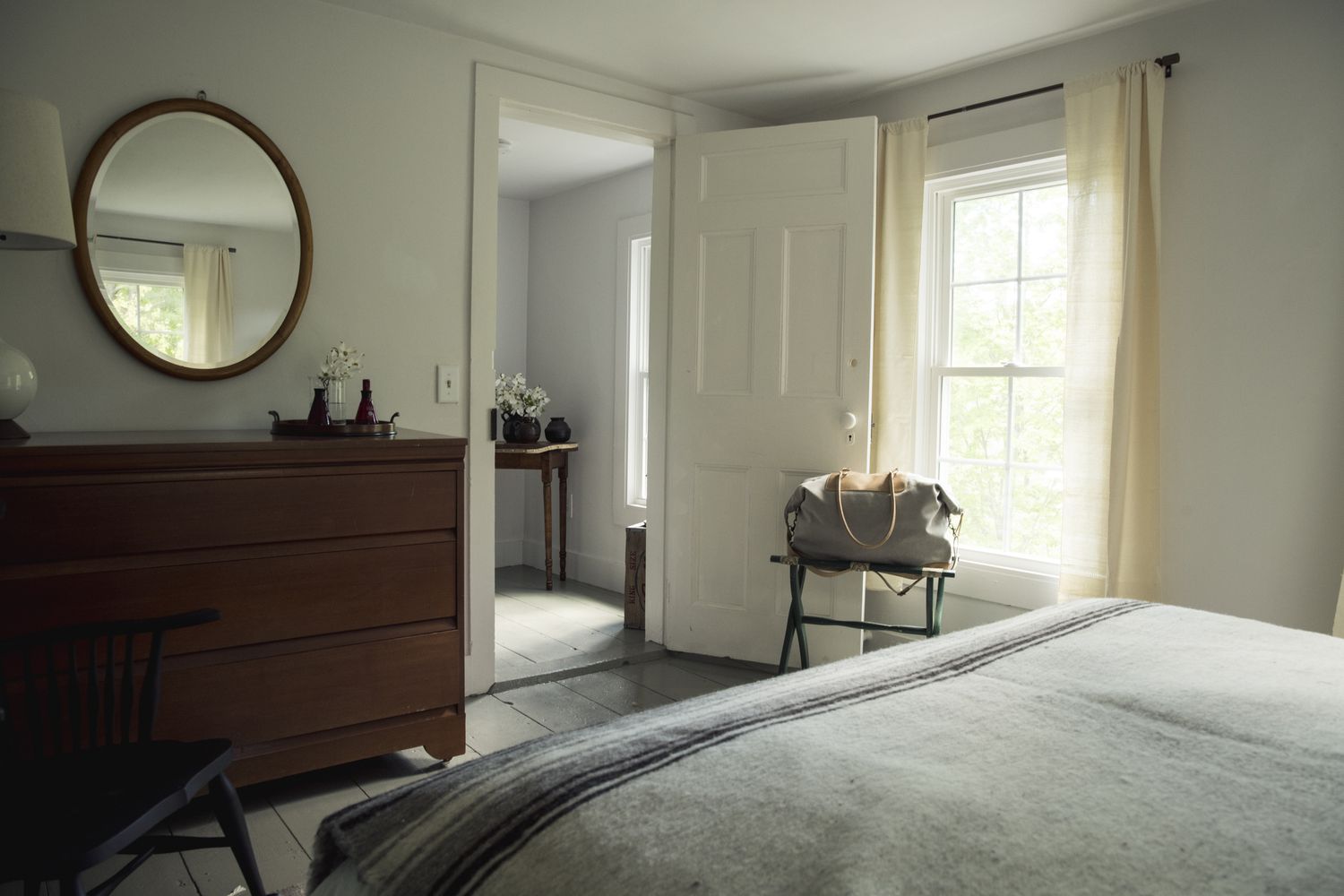
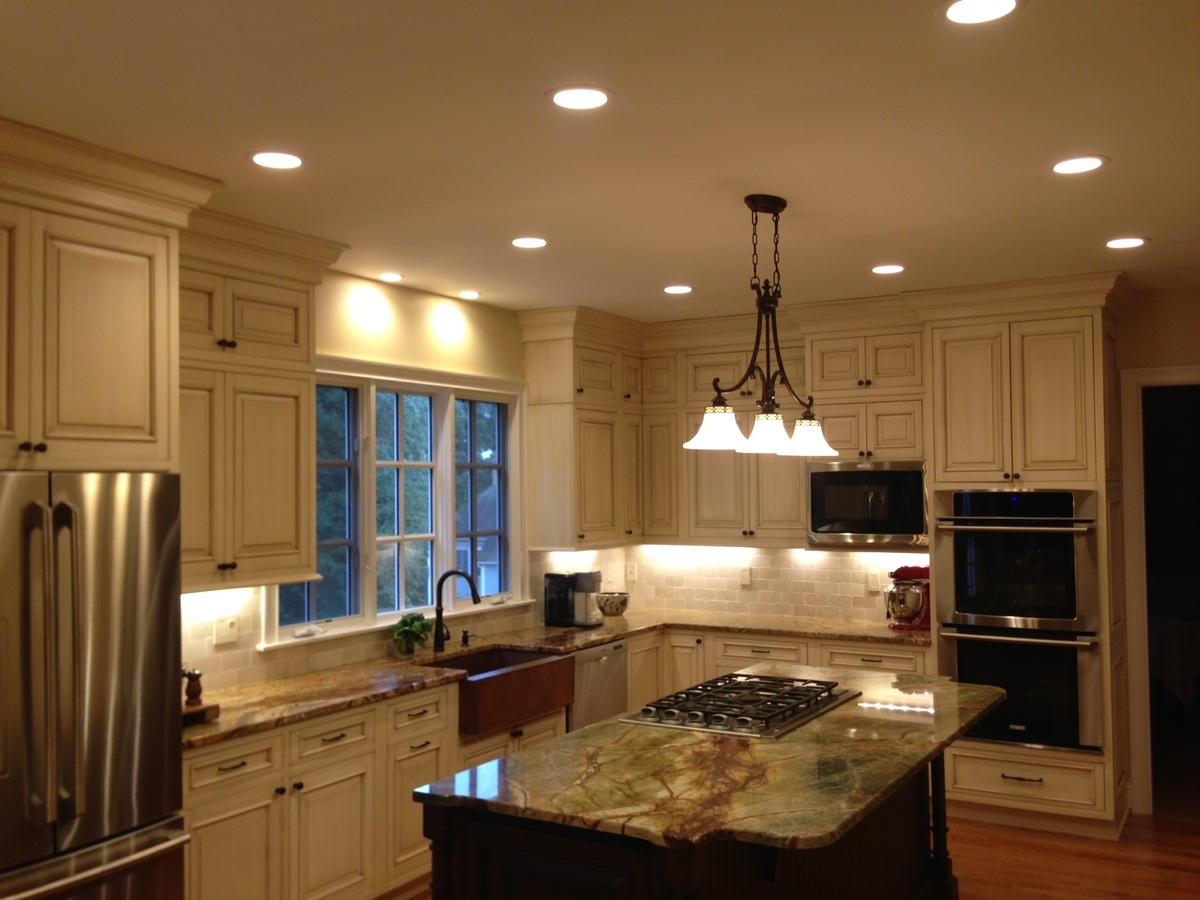
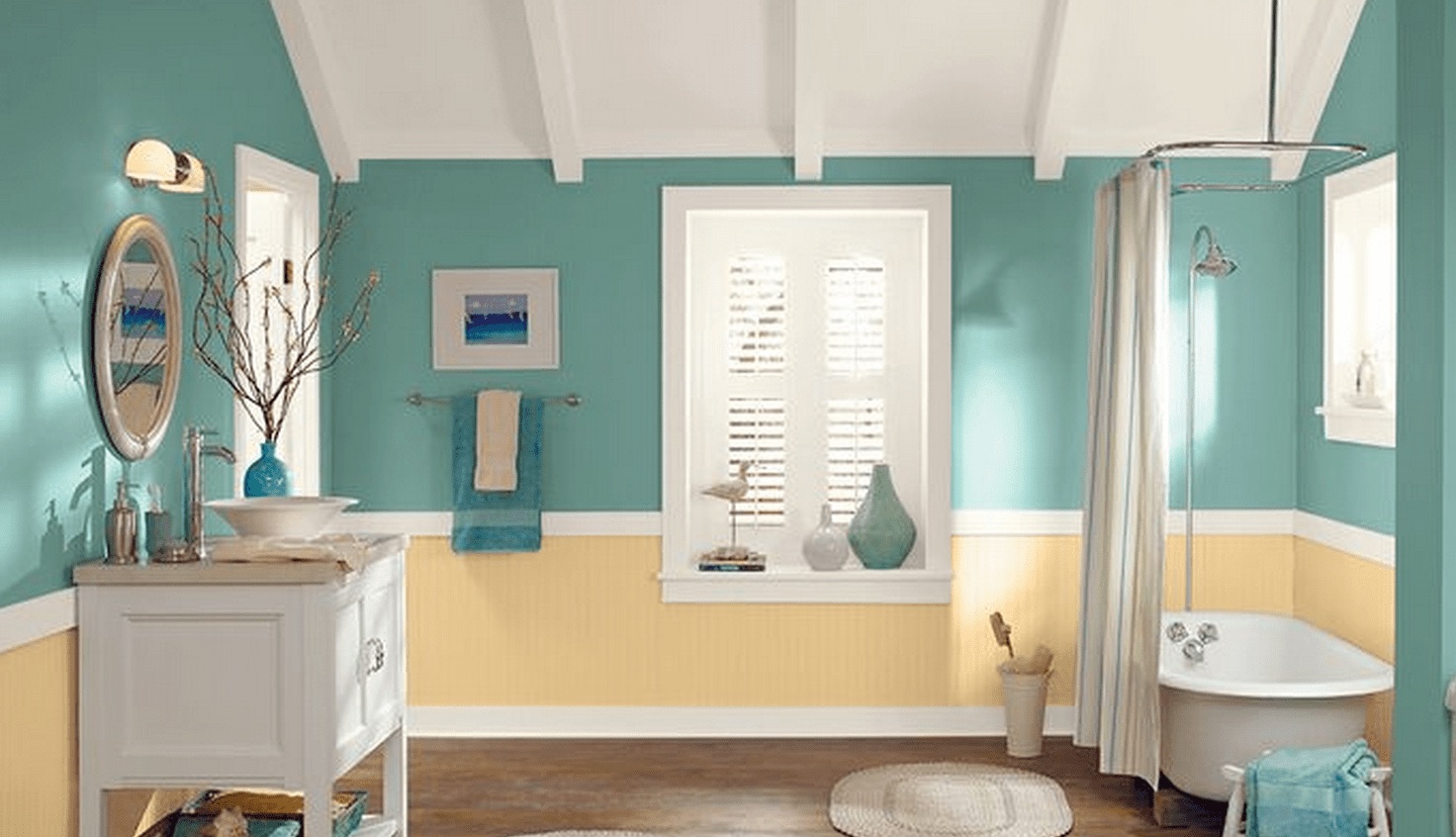
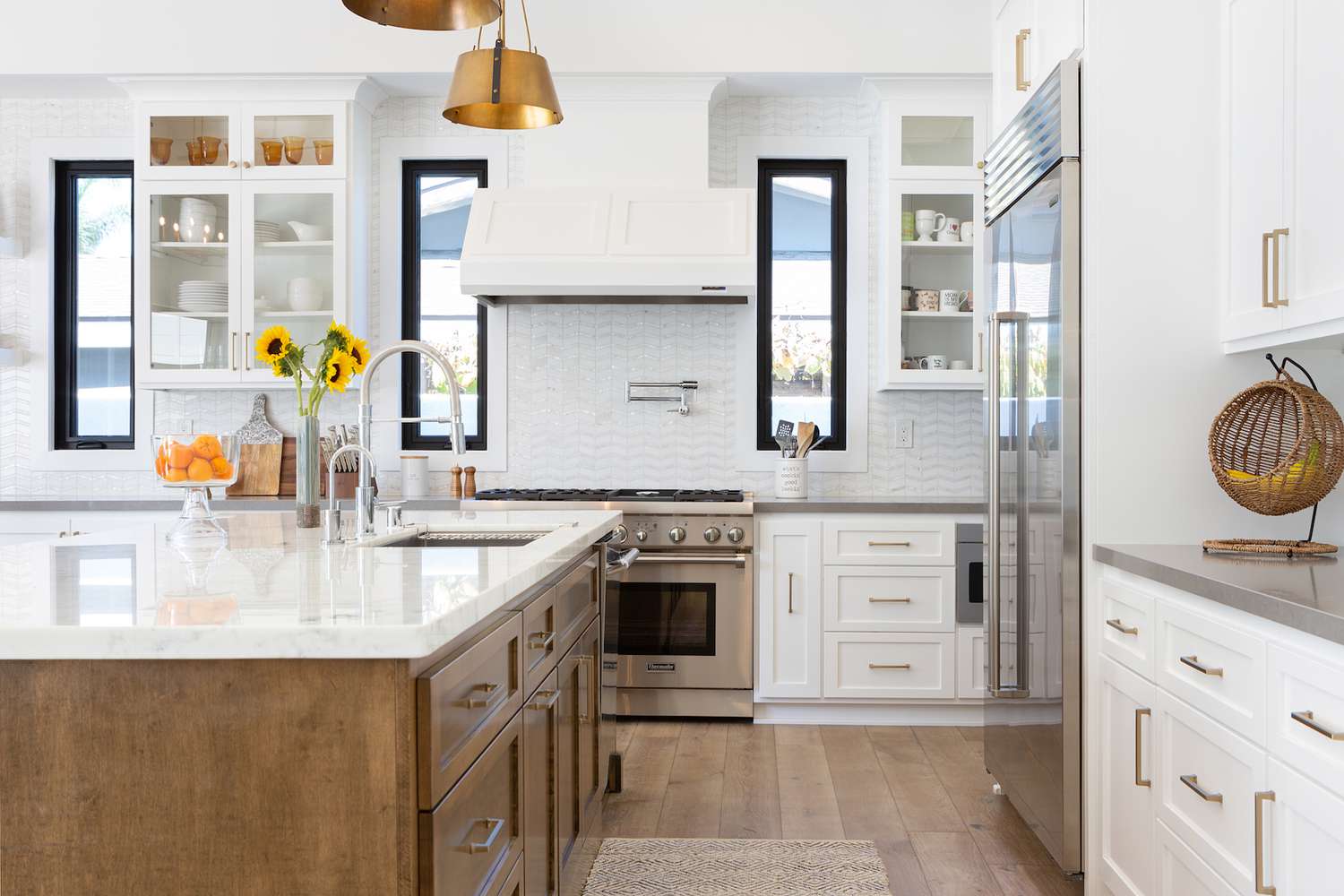
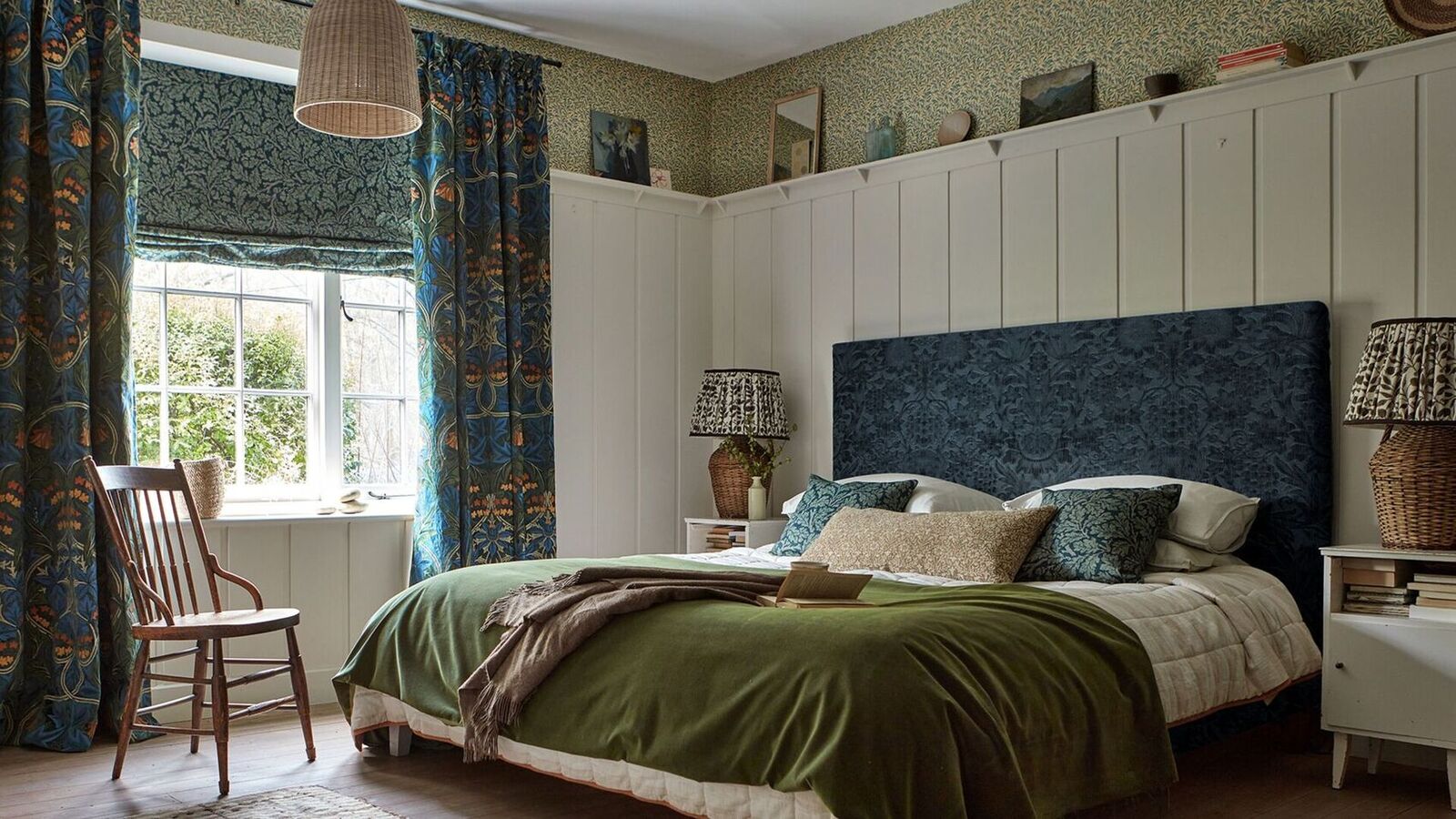
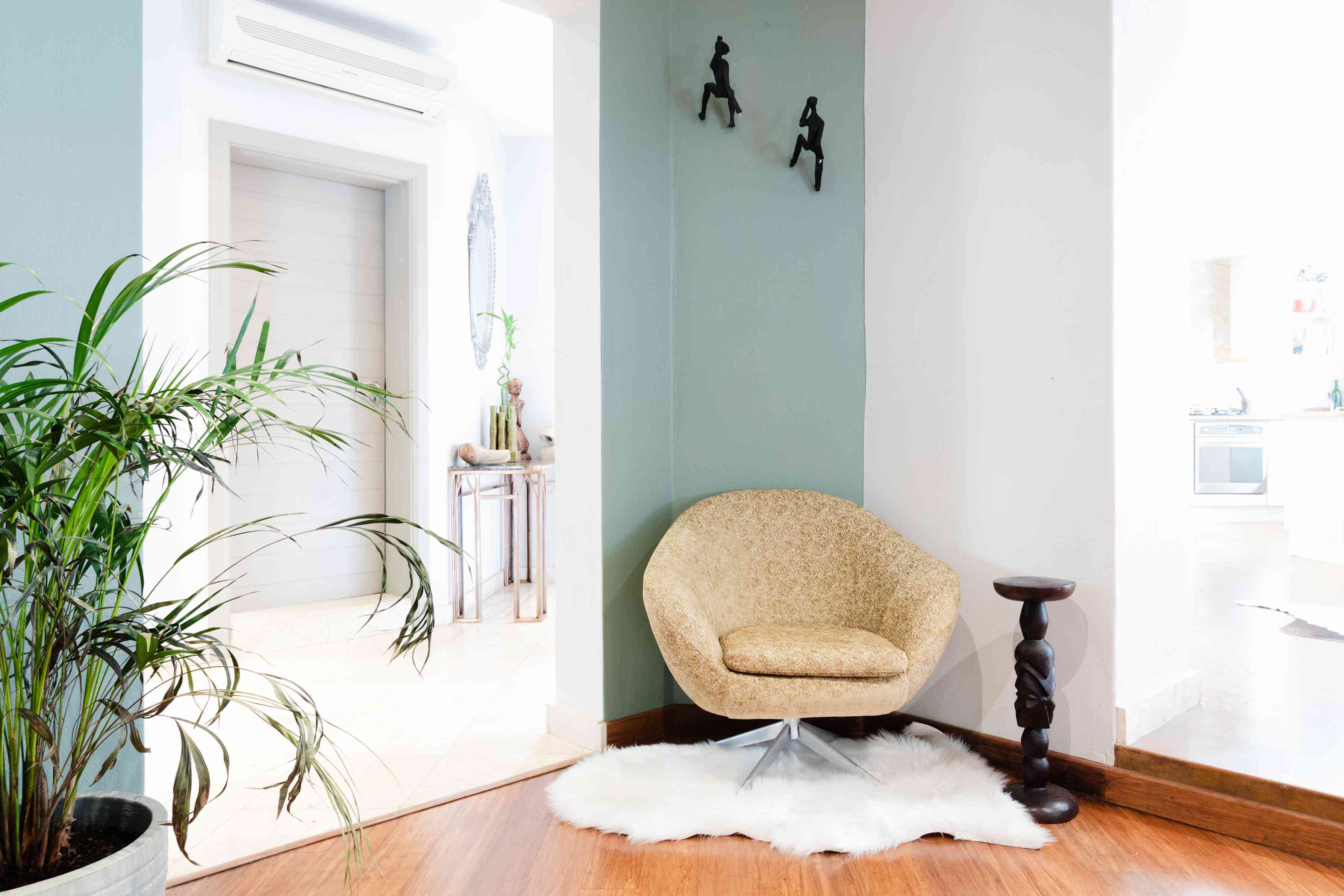
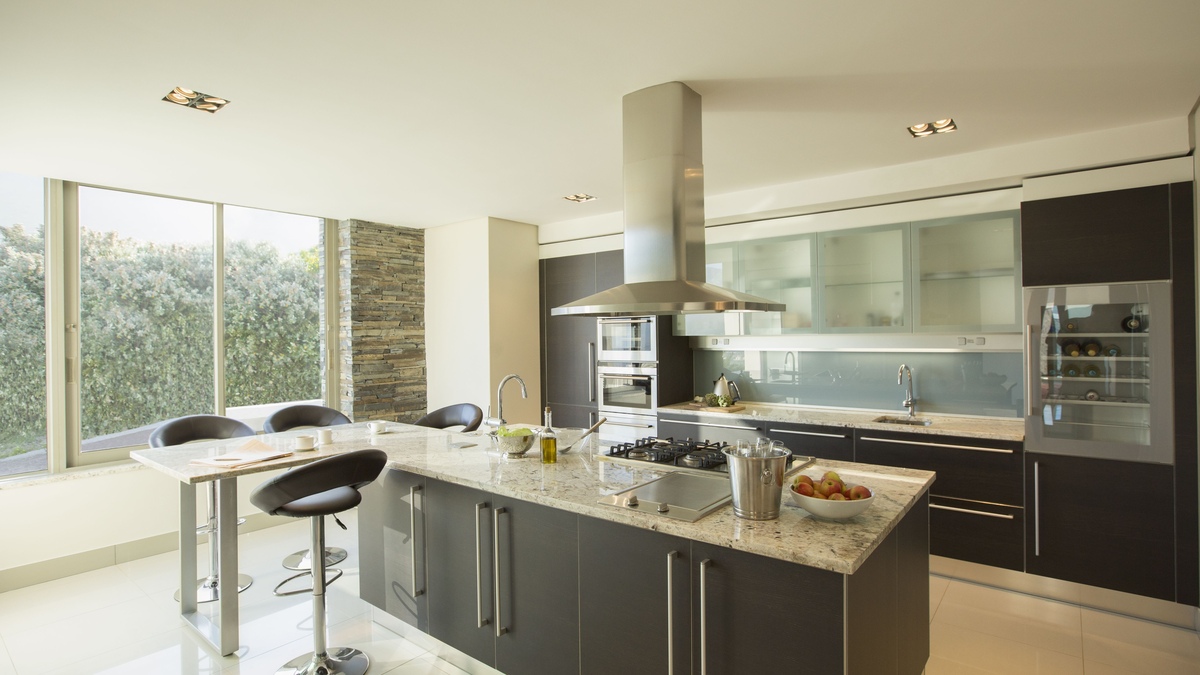

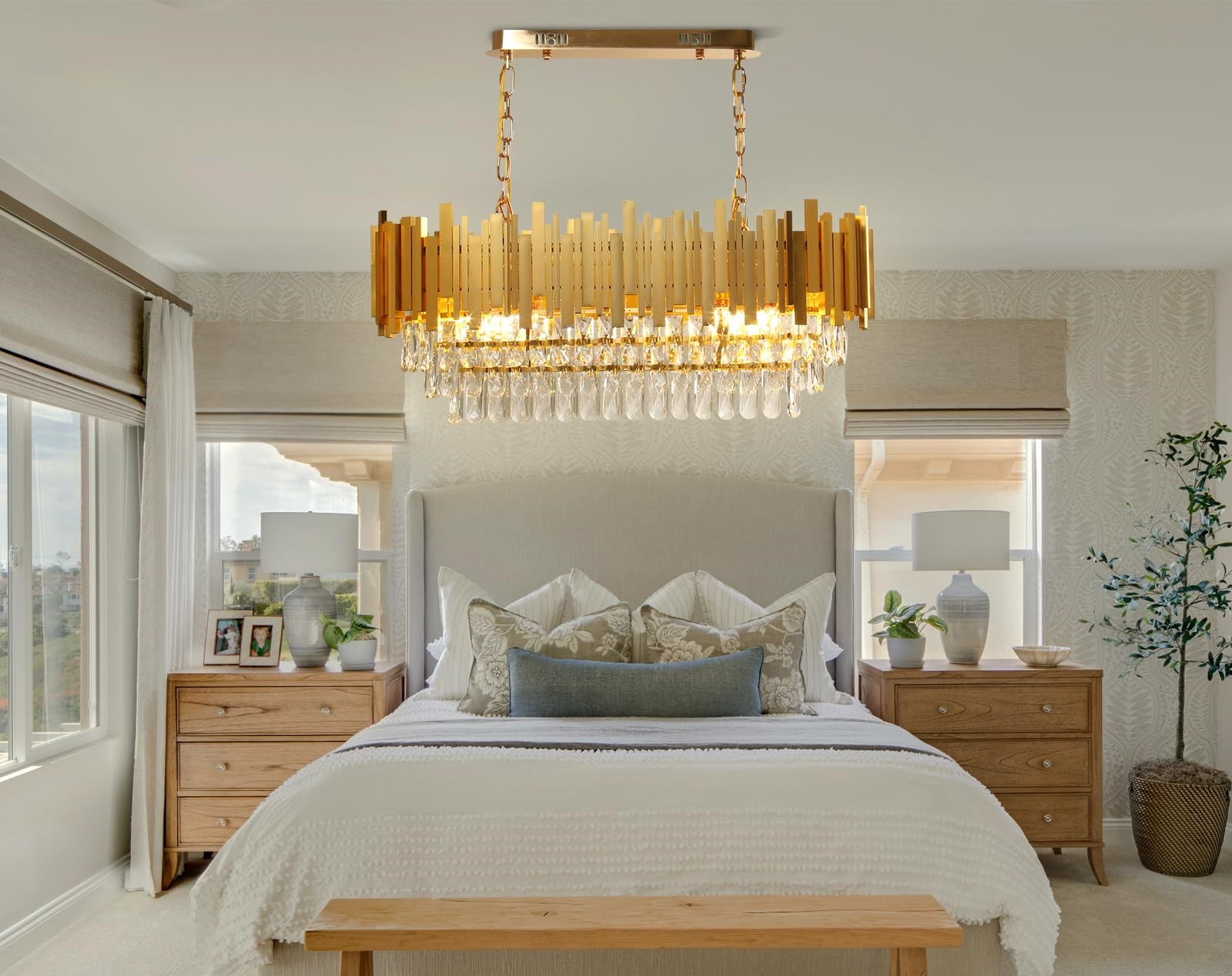

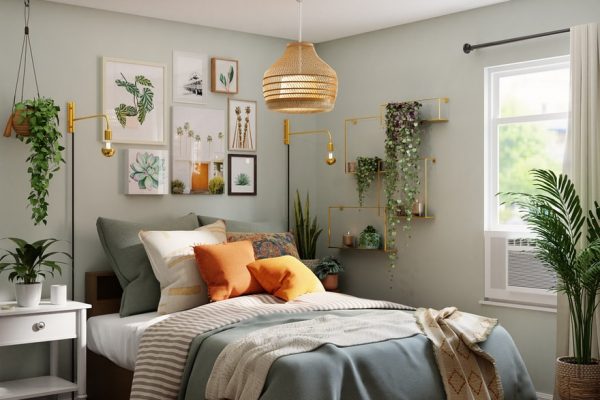

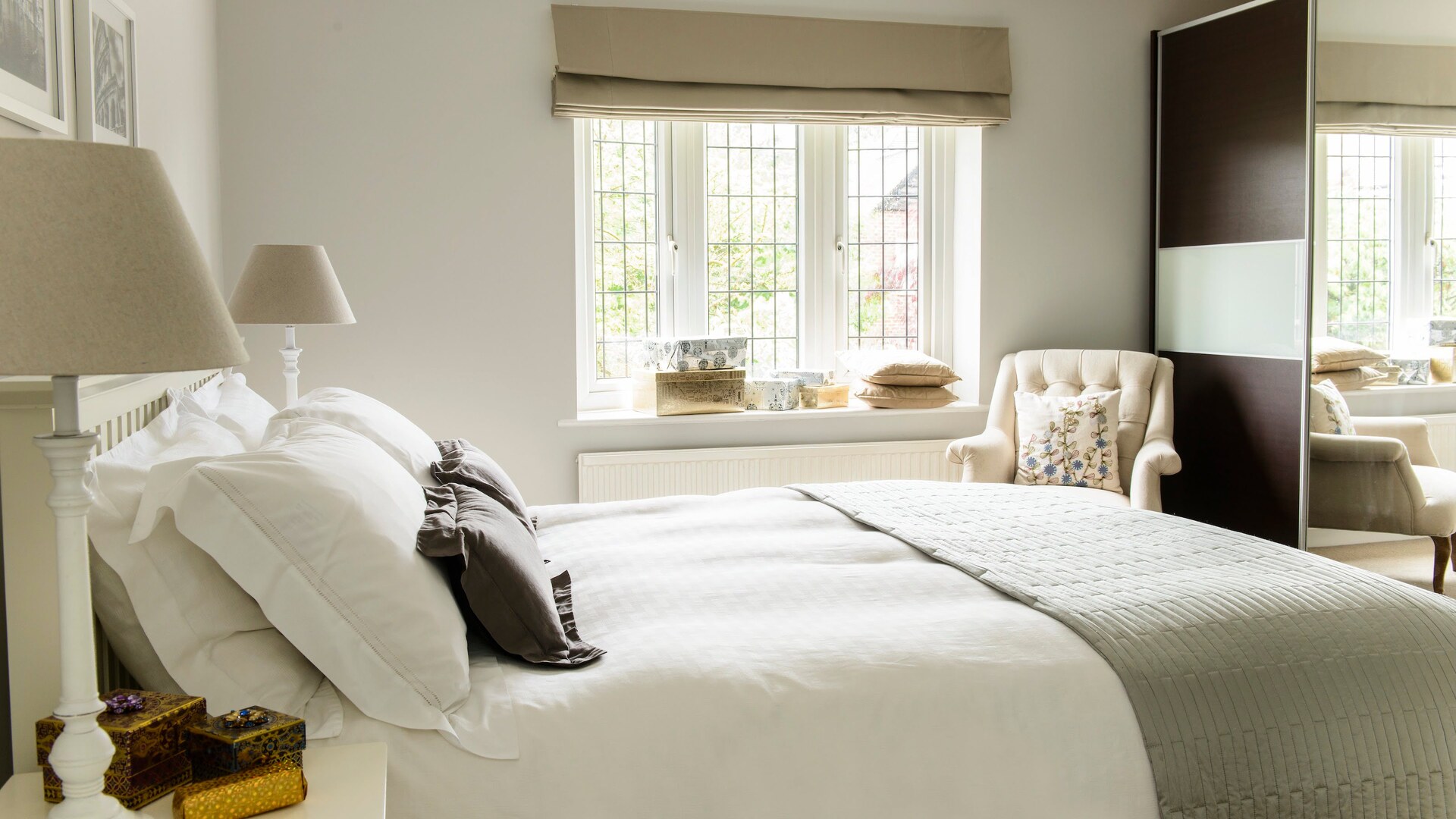

0 thoughts on “Should Bedrooms Have Ceiling Lights? Experts Have Their Say”